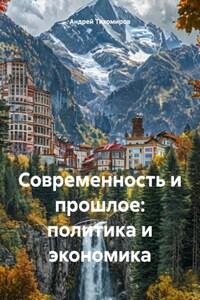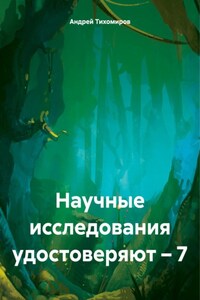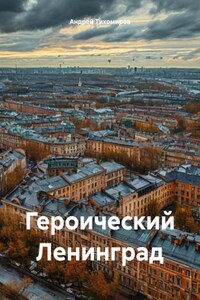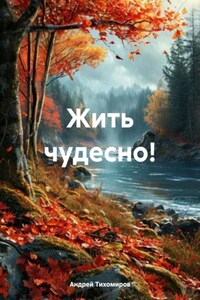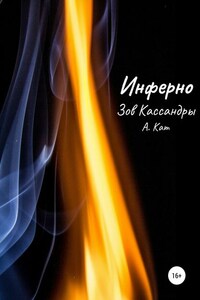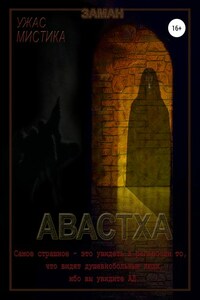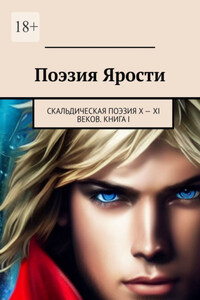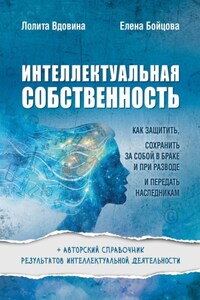English – belongs to the group of West Germanic languages (Indo-Europeans). It is the result of the development of the language of the Angles, Saxons and Jutes – Germanic tribes who migrated to Britain in the 5th century. The population of Britain at that time was made up of Celtic tribes – Britons and Gaels. As a result of a fierce struggle, the Germanic tribes pushed the Celts to the west (the area of Wales and Cornwall) and to the north – to Scotland. To this day, the descendants of the ancient Celts live on the territory of the British Isles. Welsh people living in Wales are of Celtic origin. People in most parts of Wales speak Welsh, a Celtic language. In the highlands of Scotland, as well as in the western parts of Ireland, people also speak a language of Celtic origin. Some Celtic words can still be found in modern English, and most of them are geographical names. Many rivers, hills and towns are still called by their old Celtic names. Thus, in England there are several rivers called the Avon, which means river in Celtic. Some rivers have the name Derwent, which means "pure water" in Celtic. The chalk highlands in the southern and southeastern parts of England are called "Downs". This name comes from the Celtic word "down", which means "bare, open highlands". The few borrowings from the Celtic language in Old English relate mainly to geographical names that have survived to this day (e.g. Avon from the Celtic amhuin – "river", Kilbrook from the Celtic coill – "forest"). The Anglo–Saxons, like other Germanic tribes, first used a special alphabet, the so-called runes, which are formed by ancient Indo-Europeans on the territory of the Southern Urals, then in the form of brahmi – one of the ancient varieties of syllabic writing, currently most types of writing in India and Indochina go back to Brahmi.
In the 1st century AD, the Romans conquered Britain. Britain was a province of the Roman Empire for about four centuries. Two thousand years ago, when the Celts still lived as tribes, the Romans were the most powerful people in the world. Roman society was very different from Celtic society. It was a slave-owning society divided into antagonistic classes. The main classes were slaves and slaveholders. Slaveholders were a minority of the population, but they owned land, tools, buildings, and slaves. Slaves owned neither land nor tools and were themselves the property of slave owners. Slaves could be bought and sold, exchanged or given away, just like any other thing. They could be chained, whipped, and put to death.

